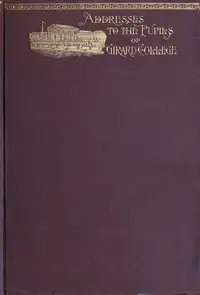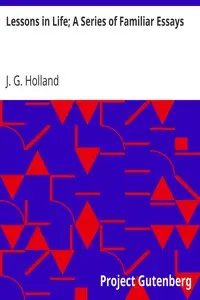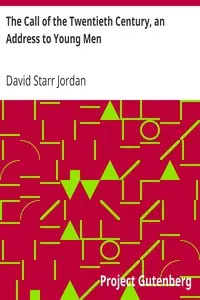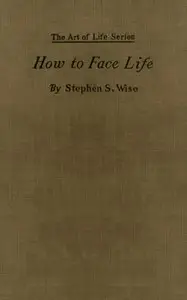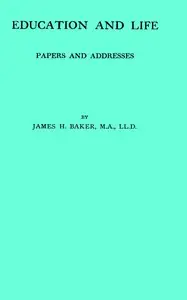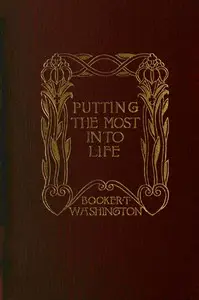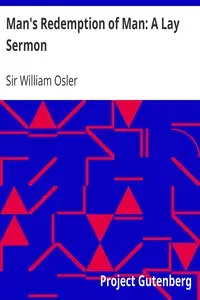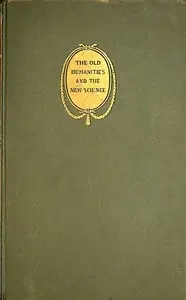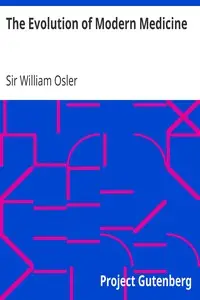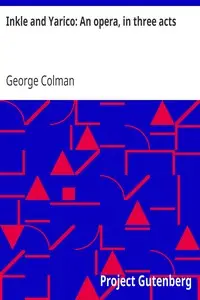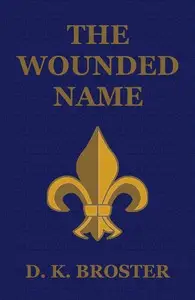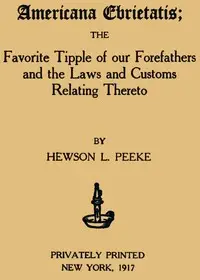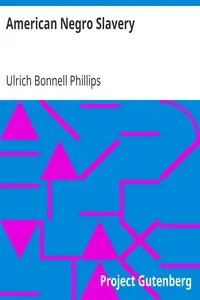"A Way of Life: An Address to Yale Students Sunday Evening, April 20th, 1913" by William Osler is a guiding speech offering life advice to young men at Yale in the early 1900s. It explores how concentrating on daily tasks and building positive habits can make for a well-rounded satisfying existence. Osler motivates students to compartmentalize their lives, dealing only with today's problems and sidestepping future anxieties. The address focuses on personal growth that includes physical, mental, and spiritual health. To face challenges in constructive ways, he suggests students concentrate on the present, urging them to seek significance in simple everyday actions.
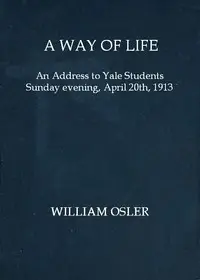
A way of life : $b An address to Yale students Sunday evening, April 20th, 1913
By William Osler
Embrace the power of now, and discover how daily habits can shape a fulfilling life by focusing on the present moment.
Summary
About the AuthorSir William Osler, 1st Baronet, was a Canadian physician and one of the "Big Four" founding professors of Johns Hopkins Hospital. Osler created the first residency program for specialty training of physicians. He has frequently been described as the Father of Modern Medicine and one of the "greatest diagnosticians ever to wield a stethoscope". In addition to being a physician he was a bibliophile, historian, author, and renowned practical joker. He was passionate about medical libraries and medical history, having founded the History of Medicine Society, at the Royal Society of Medicine, London. He was also instrumental in founding the Medical Library Association of Great Britain and Ireland, and the Association of Medical Librarians along with three other people, including Margaret Charlton, the medical librarian of his alma mater, McGill University. He left his own large history of medicine library to McGill, where it became the Osler Library.
Sir William Osler, 1st Baronet, was a Canadian physician and one of the "Big Four" founding professors of Johns Hopkins Hospital. Osler created the first residency program for specialty training of physicians. He has frequently been described as the Father of Modern Medicine and one of the "greatest diagnosticians ever to wield a stethoscope". In addition to being a physician he was a bibliophile, historian, author, and renowned practical joker. He was passionate about medical libraries and medical history, having founded the History of Medicine Society, at the Royal Society of Medicine, London. He was also instrumental in founding the Medical Library Association of Great Britain and Ireland, and the Association of Medical Librarians along with three other people, including Margaret Charlton, the medical librarian of his alma mater, McGill University. He left his own large history of medicine library to McGill, where it became the Osler Library.

